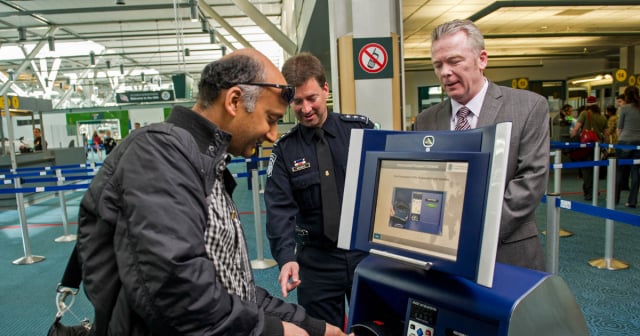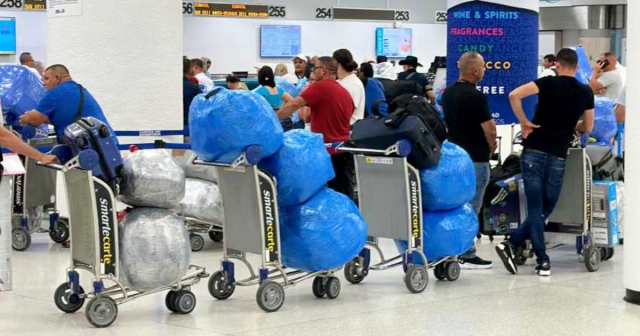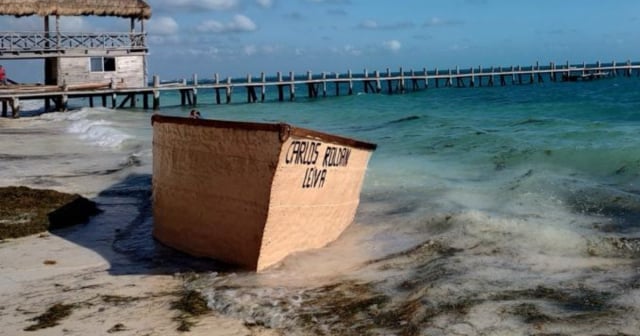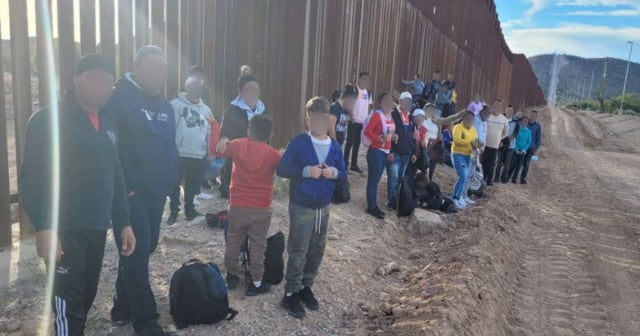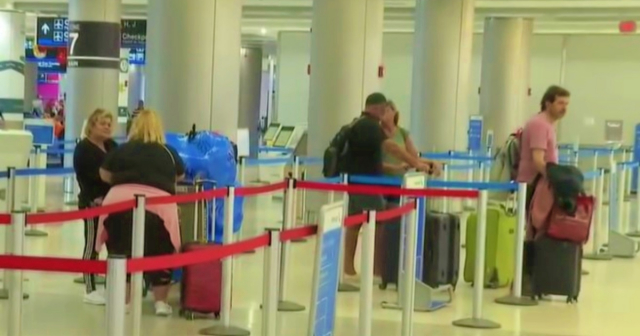The acquaintanceMiami Attorney Willy Allen, an immigration expert, clarifies that it is an urban legend that a Cuban resident in the United States can have his residency revoked for a specific trip to Cuba. This is, as he explained, a situation that he has only seen twice in 42 years of experience in Florida.
According to Allen, this is an issue that has people in Miami "hysterical", but he remembers that travel to the Island has never been restricted to Cubans who have legalized their situation through CU6, that is, who have accepted to the Cuban Adjustment Law. "There are many people who talk trash. The only people who have placed restrictions on Cubans traveling to Cuba is the Government of Cuba," stressed the expert on immigration issues. And in this sense, he is blunt: "The United States Government does not have a restriction on traveling to Cuba," he says in exclusive reference to the CU6.
It must be taken into account, in his opinion, that a Cuban who enters through the border and requests asylum, but along the way is legalized as CU6 has nothing to do with the asylum request he made. Therefore, there are no restrictions on traveling to Cuba either. Another thing is that regardless of the nationality of the immigrant, he requests asylum and has had an asylum trial, obtains residency through asylum and travels to his country, be it Cuba, Peru or Colombia. Upon your return to the United States, your residency will not necessarily be revoked at the airport, but you may be summoned for a secondary interview and if the officer does not like your answer as to why you have gone to your country of origin, where you assured that you persecuted, they can send you to a third interview and from there to the Court. And in Court it will be necessary to determine if that asylum is false or if the person lied or exaggerated to win asylum because in reality he was never persecuted.
"In practice, in 42 years, I have had a returned Cuban in the Emigration Court, who obtained asylum, traveled to Cuba and had his residence taken away," Allen stressed.
Another case he handled, he remembers, was of a Colombian with asylum who traveled to Colombia because his father was sick and at the airport interview, the officer who treated him saw no problems and gave him back his residence and let him continue on his way. Also in the 90s there was the case of Colombians with political asylum in the United States who traveled to Ecuador or Venezuela and were asked at the airport if they had entered Colombian territory through these countries. In addition, they asked them for evidence of the hotel where they had stayed.
"It is obvious that once a person obtains citizenship in the United States, the issue of asylum no longer plays any role," he adds.
But not always, at the airport they say "Welcome back". If you have your American residence and you go to Cuba for a month and two months later you go again, they may ask you if you are living in Cuba or in the United States. So, for example, if you have a CU6 residence and you travel to Cuba three or four times a year and stay there two or three months a year, sooner or later, immigration will ask you what you do. Especially if you are an older person, retired and receiving a pension or financial aid in the United States, if you apply for citizenship, an Emigration officer may ask you how you are paying for so many trips to Cuba. It may be that in that context, they investigate you to see if you travel to Cuba as a mule or how you pay for your stay on the Island or if you actually live in Cuba and are abandoning your residence in the United States.
"Yes, there is a certain truth that it depends on how you do things, they can interview you in more depth, but it is an urban myth that you entered through the border, requested asylum, obtained your residency with CU6 and returned to Cuba and they took away your residency at the airport. ... It's not going to happen. The only people who physically have their residence taken away at the airport and sometimes detained are people with criminal offenses," the lawyer added.
It must be remembered thatThere are three reasons why a Cuban can lose his residence in the United States: for criminal offence, abandonment or fraud.
What do you think?
SEE COMMENTS (1)Filed in:

